Found 42 movies, 25 TV shows, and 3 people
Can't find what you're looking for?

"Agriculture" is a 1955 short documentary film co-directed by Paul Zils and Fali Bilimoria. The film focuses on agricultural practices in India during the mid-20th century, highlighting traditional farming methods and the challenges faced by farmers. It also explores the impact of modernization and government initiatives aimed at improving agricultural productivity. The documentary provides insights into the socio-economic conditions of rural India and the efforts to enhance food production post-independence.

Inside the agricultural system and the challenge to increase access of healthy, affordable fruits and vegetables to all Americans.

Fathi Kamel is called a Madiha husband to rescue her from the intrusion of some bus passengers during the bus stop on the agricultural road, while the father - the father of Madiha - to inform the police about the disappearance of his daughter, because she was going to
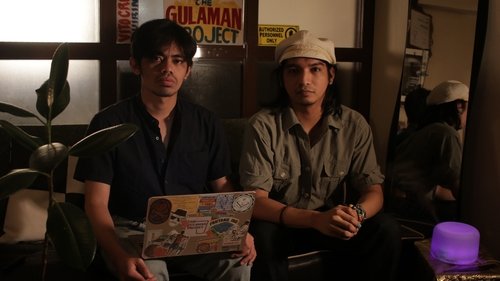
Two filmmakers take on a journey to explore the intricacies of the long-suffering Philippine agriculture, seeking for possible solutions as they figure out the factors causing the crisis.

No description available for this movie.

No description available for this movie.
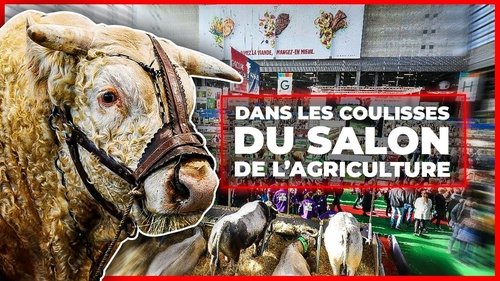
No description available for this movie.

In this new FoodUnfolded documentary, science journalist Silvia Lazzaris takes us on a journey around the world to find out. From Ernst Gotsch’s lush syntropic farm in Bahia, Brazil—where once-barren land has been transformed into a thriving ecosystem—to Juntos Farm in Ibiza, where regenerative farming is strengthening communities, viewers will see the movement in action. But we don’t stop there––Silvia dives deeper, speaking with leading soil health and agroecology experts to examine if and how regenerative agriculture can truly deliver on its promises. Farming, Redefined is a groundbreaking documentary that invites you to imagine a future for agriculture grounded in restoration, education, and a healthier planet for generations to come.

Satisfying one’s hunger is a primal act that most Westerners never connect to global issues. But the diets and farming systems of wealthy countries can be directly linked to starvation in the underdeveloped world. This program sheds light on the international tragedy of hunger and malnutrition, emphasizing that the problem is one of distribution, not production. Filmed in Asia, South America, and sub-Saharan Africa, the film shows how geopolitics, economic isolation, regional conflicts, and lack of infrastructure render poor countries unable to feed their own people. Biotechnology, land use priorities, government corruption, the fast-food industry, and the vicious cycle of child hunger are all featured topics.
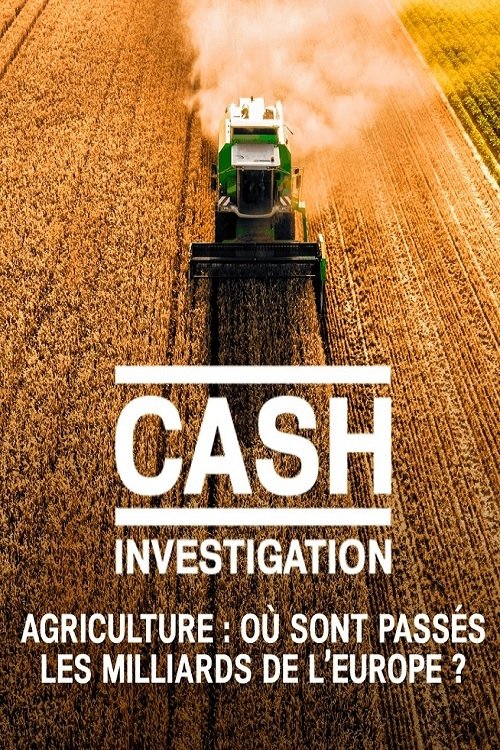
No description available for this movie.

Farmer John Peterson returns to talk about Angelic Organics farm and its connection to the arts and Rudolf Steiner’s philosophy.
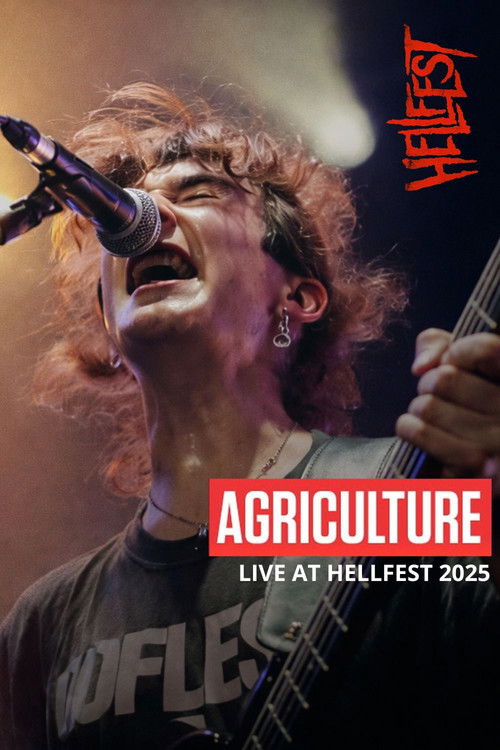
Agriculture - Live at Hellfest 2025

Early Balkan footage.

This short ethnographic film is the first part of the series Through the Agricultural World intended to promote village life and the work of the peasants to the townspeople. Plicka chooses stylistically significant and aesthetically impressive shots of sowing grain, Easter celebrations, and children playing in the meadow.

In 1908-1909, Albert Samama Chikli sold his negatives mostly if not exclusively to the short-lived Le Lion company. Shot in 1910 and released in January 1911, Industrie agricole arabe was possibly the first negative he sold to Gaumont, marking the beginning of a long collaboration. Hidden in a longer compilation edited in the 1920s by Gaumont for educational purposes, negative material of the film has recently been rediscovered and identified with the help of frame enlargements and contact prints of film frames in the Albert Samama Chikli Archives. La Figue de Barbarie, the opening part of the four parts of Industrie agricole arabe, is a perfect example of Samama’s filmmaking: informal, lively, direct, human and devoid of orientalism or pictorialism. –Mariann Lewinsky

Seara carefully documents the agricultural work of the Guineans – a heading indicates the names of the peoples. Harvesting of peanuts, coconuts, rice, cotton, followed by weaving and sewing, cutting of sugar cane and extraction; handicraft jewelry work and Muslim prayer. No white colonial settlers are shown in the frame…

This film shot in the south of Angola, is one of the few existing archival films of the time. It’s likely that the author filmed these images on command of Norton de Matos who was twice governor of Angola (1912-15 and 1921-24) and that we see in the image. A republican and mason, he was one of the promoters of colonial expansion in Africa, which began in the early 20th century, following the “pacification campaigns” – terrible wars – in Angola and Mozambique. He worked for the development of Angola and the settlement of Portuguese colonial settlers. The first part shows the opening of the trade and agricultural fair in the coastal city of Benguela. The atmosphere is very provincial Portuguese. Some Angolans walk through the frames; some are well-dressed – suits, hats – others are employees. Then a report on a Congress of Medicine and finally an aviation demonstration. It’s a promotional film about the development of southern Angola.

Colonial films showing the work of Africans are rare. Here the exploitation system is precisely exposed. Deportees (from Angola) disembark from a boat. After the humiliating inspection of the bodies, it is the signature, on the finger, of the contract. Then are shown the works – cultivation, harvesting, bagging of cocoa -, as well as “education” and recreation. Contratados were forced into forced labour in violent and abusive conditions. This system, which replaced slavery, remained in force in the African colonies until 1961.
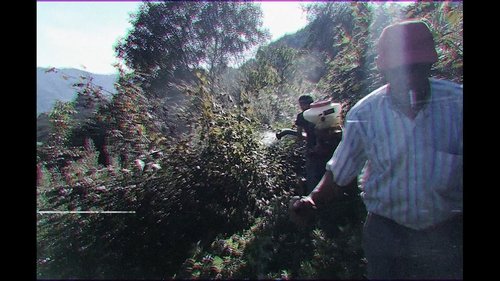
Nature has been poisoned in the Black Sea Region of Turkey under the name of agricultural spraying since 2015. The documentary was shot and broadcast spontaneously against this unconscious attitude.
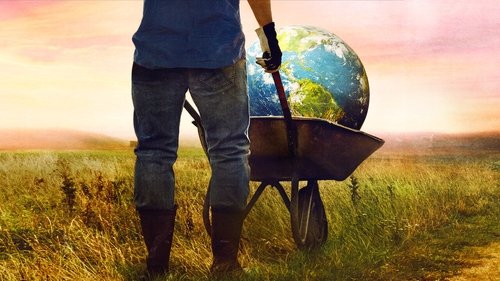
Sheds light on an alternative approach to farming called “regenerative agriculture” that could balance our climate, replenish our vast water supplies, and feed the world.
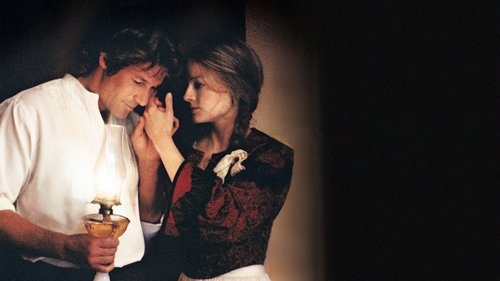
Set in the South just after the US Civil War, Laurel Sommersby is just managing to work the farm without her husband, believed killed in battle. By all accounts, Jack Sommersby was not a pleasant man, thus when he suddenly returns, Laurel has mixed emotions. It appears that Jack has changed a great deal, leading some people to believe that this is not actually Jack but an imposter. Laurel herself is unsure, but willing to take the man into her home, and perhaps later into her heart.
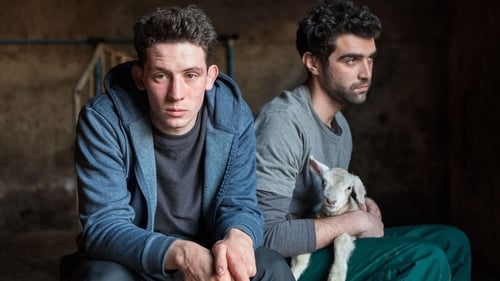
A young farmer in rural Yorkshire numbs his daily frustrations with binge drinking and casual sex, until the arrival of a Romanian migrant worker.
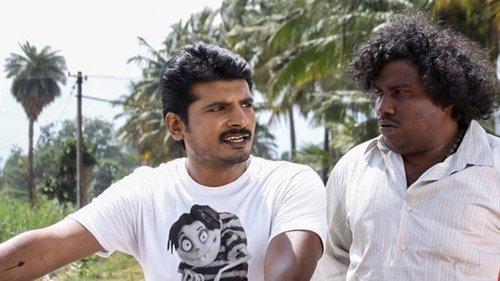
A well-educated youngster drops his plans of settling down in the US to develop agriculture in his village, but faces threat from many people.

No description available for this movie.

No description available for this movie.

No description available for this movie.
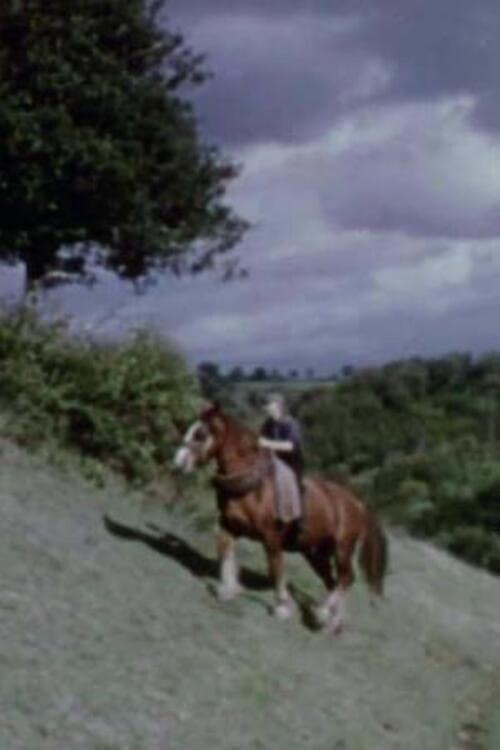
The people, the scenery and the industrial traditions of the Stroud valley and the growth of the woollen industry.

As the global economics of dairy farming has winnowed out most small and medium-sized dairies, the surviving farmers confront pressures to intensify production, even as they find that getting bigger presents new problems.
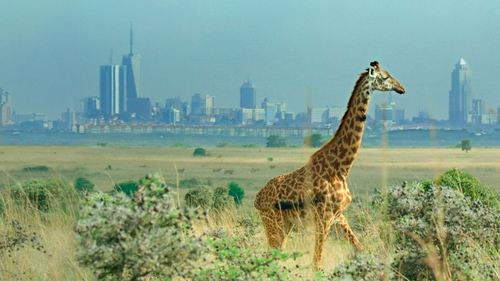
David Attenborough and scientist Johan Rockström examine Earth's biodiversity collapse and how this crisis can still be averted.
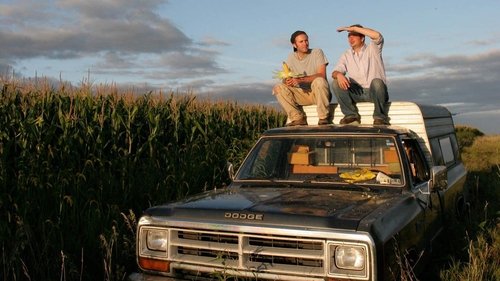
King Corn is a fun and crusading journey into the digestive tract of our fast food nation where one ultra-industrial, pesticide-laden, heavily-subsidized commodity dominates the food pyramid from top to bottom – corn. Fueled by curiosity and a dash of naiveté, two college buddies return to their ancestral home of Greene, Iowa to figure out how a modest kernel conquered America. With the help of some real farmers, oodles of fertilizer and government aide, and some genetically modified seeds, the friends manage to grow one acre of corn. Along the way, they unlock the hilarious absurdities and scary but hidden truths about America’s modern food system in this engrossing and eye-opening documentary.
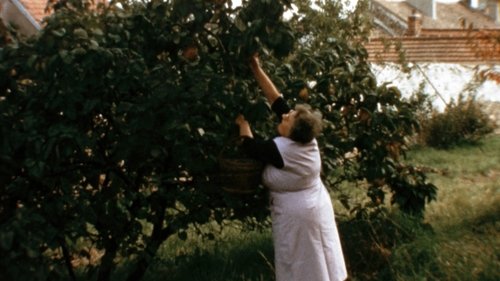
Adapted from famous French actor Philippe Torreton’s best-seller, GRANDMA is the portrait of the actor’s grandmother: a modest, unique but universal Norman peasant. Enriched with amateur films, nourished by major historical events, GRANDMA also tells the story of the end of a world, that of the countryside of our grandmothers, before the abyss of modernity.
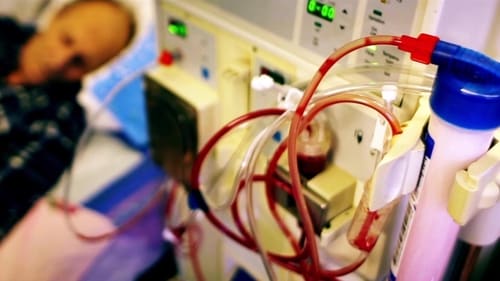
Filmmaker Kip Andersen uncovers the secret to preventing and even reversing chronic diseases, and he investigates why the nation's leading health organizations doesn't want people to know about it.

A rising star at agri-industry giant Archer Daniels Midland (ADM), Mark Whitacre suddenly turns whistleblower. Even as he exposes his company’s multi-national price-fixing conspiracy to the FBI, Whitacre envisions himself being hailed as a hero of the common man and handed a promotion.
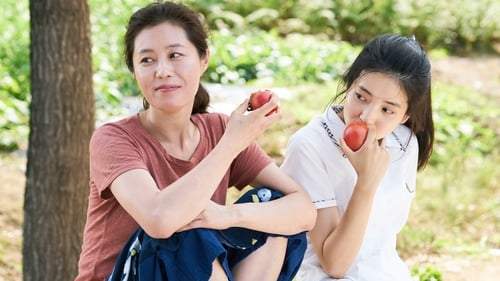
A young woman leaves the city to return to her hometown in the countryside. Seeking to escape the hustle and bustle of the city, she becomes self-sufficient in a bid to reconnect with nature.

Government agents find evidence of extraterrestrial life at the South Pole.
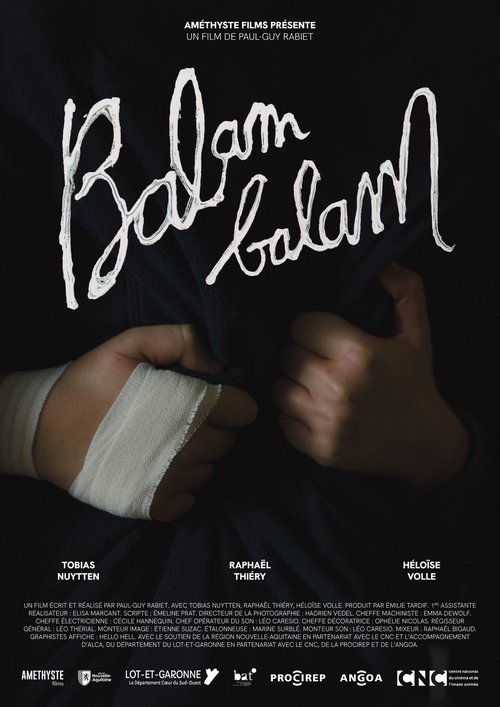
No description available for this movie.
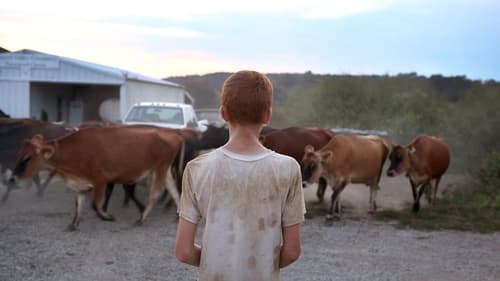
Clear-eyed and intimate, Farmsteaders follows Nick Nolan and his young family on a journey to resurrect his late grandfather’s dairy farm as agriculture moves toward large-scale farming. A study of place and persistence, Farmsteaders points an honest and tender lens at everyday life in rural America, offering an unexpected voice for a forsaken people: those who grow the food that sustains us.

No description available for this movie.

No description available for this movie.
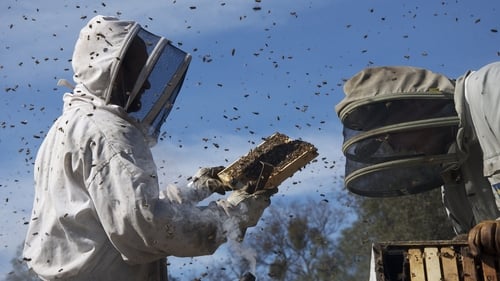
With dazzling nature photography, Academy Award®–nominated director Markus Imhoof (The Boat Is Full) takes a global examination of endangered honeybees — spanning California, Switzerland, China and Australia — more ambitious than any previous work on the topic.
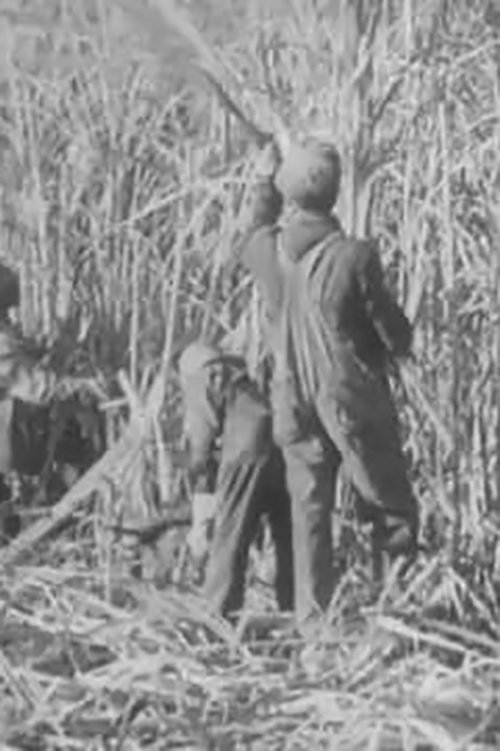
US Dept of Agriculture film that shows how cane sugar is harvested and processed for sale.

This 10-minute short documentary exploring the shifting state of the American poultry industry was preserved in 2015 from an original nitrate print. More information is available on the film's page in the National Film Preservation Foundation's website, where this version can be found featuring original music by Michael D. Mortilla.